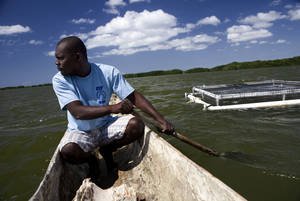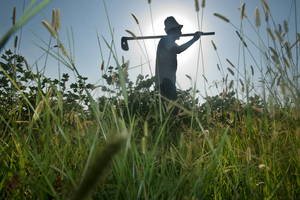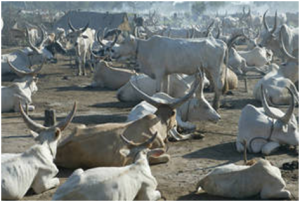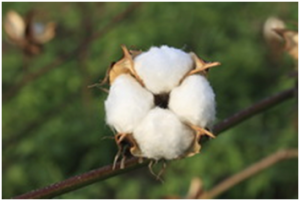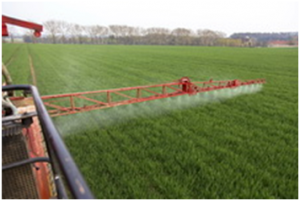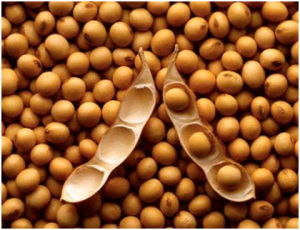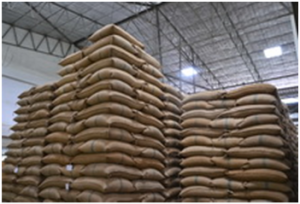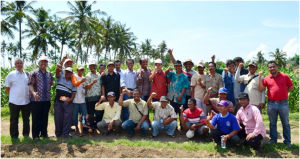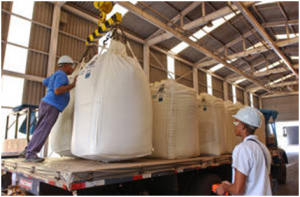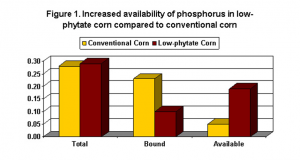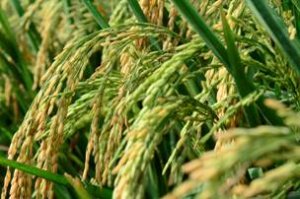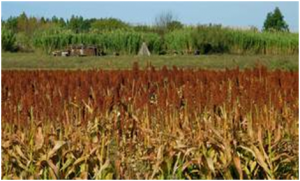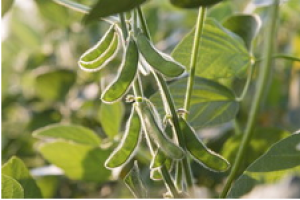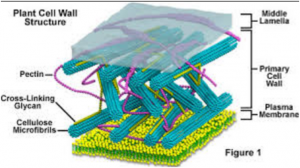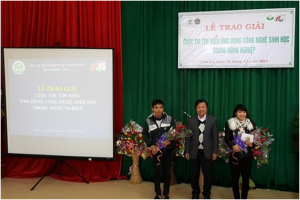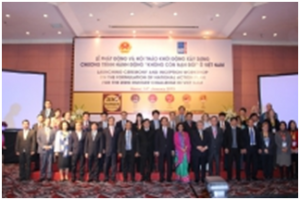|
Fishery and Aquaculture Biotech to Enhance Philippines` Research and Economic Capacity
Wednesday, 2023/04/12 | 08:43:50
|
|
ISAAA April 5, 2023
In preparation for the anticipated implementation of animal biotechnology regulations in the Philippines, the government finds it important to equip stakeholders with knowledge on animal biotechnology. Two experts explained what opportunities biotechnology can provide to marine scientists, fisherfolk, and consumers during a webinar organized by ISAAA Inc. on March 31, 2023, that aimed to raise public awareness and acceptance of genetically modified (GM) and gene-edited fish and aquaculture products.
Dr. Eric Hallerman, Professor at the Department of Fishery and Wildlife Conservation at Virginia Polytechnic Institute and State University, discussed modern fishery biotechnology tools around the globe that can potentially benefit consumers, the economy, the environment, and animal welfare. Some examples are enhancing growth and muscle development by knocking out a fish's myostatin gene produces high quality fish meat in less time that is favored by consumers, using genome editing to conduct reproductive confinement of certain fishes and rescue broodstock to promote sustainability of the industry, and using biotechnology to develop fish with upper temperature tolerance and other fish that can efficiently utilize dissolved oxygen in the water, thereby increasing their chances of survival amidst climate change. Genetic modification has also been known to increase certain fish's resistance to diseases and parasites. However, Dr. Hallerman emphasized that more targeted, fundamental research on the molecular mechanisms of underlying key traits in fishes, risk-scaled enabling public policies, and public understanding and acceptance are all needed to maximize the potential of biotechnology in fishery and aquaculture.
For a more localized perspective, Dr. Mudjekeewis D. Santos of the Department of Agriculture's National Fisheries Research and Development Institute (DA-NFRDI) in the Philippines explained the government's initiatives to boost fishery and aquaculture biotechnology in the country through the Fisheries Biotechnology Program of DA. These include:
Dr. Santos expressed that the initiatives would serve as stepping stones for the improvement of fishery R&D and the economic status of the Philippines in relation to the government's goal of becoming a strong a prosperous maritime nation. This endeavor was also highlighted by Dr. Maria Theresa Mutia, Chief Science Research Specialist at DA-NFRDI, during her welcome remarks. She mentioned that biotechnology plays a significant role in enhancing productivity and efficiency. Moreover, biotech applications in the fishery and aquaculture industries offer solutions and opportunities that can help alleviate poverty while attaining food security.
The webinar titled Opportunities and Benefits of Aquaculture/Fishery Biotechnology to the Philippine Aquaculture/Fishery Industry was conducted together with Winrock International through the Building Safe Agricultural Food Enterprises (B-SAFE) project in partnership with the United States Department of Agriculture. Watch it on demand on the ISAAA.org website.
|
|
|
|
[ Other News ]___________________________________________________
|


 Curently online :
Curently online :
 Total visitors :
Total visitors :
